The Gospel for today is one of my all time favorites, though it can be easy to misinterpret this verse as Jesus starting a rave party and getting everyone drunk. Some history of the Old Testament is key to understanding this Gospel in the proper context.
Firstly, wine was seen as a sign of God’s love in the Scriptures. There are numerous stories describing God’s love for his people by talking about wine or new wineskins. It was not only used as a social lubricant but was actually seen as a blessing to those who were getting married. The better the wine, the bigger the blessing. All this being said, wine certainly didn’t hurt because wedding ceremonies in ancient times tended to last several days. That’s a lot of dancing.
Secondly, the number 7 is significant to the Old Testament. God chooses certain numbers that show up time and again in Scripture and typically have a meaning associated with them. We of course have the number 40 where we could think of the days in the wilderness, we could think of the 12 tribes of Israel, and we could think of the 3 people of the Trinity. But 7 had its own significance. It is often seen as the best number which signifies completion or perfection.
Put this all together and what do you get? Well, it is interesting that there were 6 jars of water that were turned to wine. Why the number 6? I think it’s because Jesus stepped in as the 7th to offer his unending and perfect love to all people for all times. Even the perfect wine at this wedding would run out. But God’s love will never dry up. It’s significant as well that this miracle takes place at a wedding.
All throughout Scripture we see the comparison of God’s love for his people as being like that of a husband to his bride. This imagery enlightens the Gospel even more and shows us not only that God cares about and blesses marriage, but that he wants to be in a relationship with us. He wants a perfect relationship with his people that will never end.
This is why all through the Old Testament he is making covenants with his people. And notice that he never breaks a covenant, but human beings do every time. Here, Jesus is offering us his unending love through his covenant of his death and resurrection. The question is, how will we respond? Will we be like those who are not ready for the wedding feast? Or will we be among those who want to join the party?
From all of us here at Diocesan, God bless!
El Evangelio de hoy es uno de mis favoritos, aunque puede ser fácil malinterpretar este versículo como si Jesús comenzara una gran fiesta y emborrachara a todos. Un poco de historia sobre el Antiguo Testamento es clave para entender este Evangelio en el contexto apropiado.
En primer lugar, el vino fue visto como un signo del amor de Dios en las Escrituras. Existen numerosas historias que describen el amor de Dios por su pueblo al hablar del vino o de odres nuevos. No solo se usaba como un ayuda social, sino que en realidad se consideraba una bendición para quienes se iban a casar. Cuanto mejor sea el vino, mayor será la bendición. Habiendo dicho todo esto, el vino ciertamente no hacía daño porque las ceremonias de boda en la antigüedad tendían a durar varios días. ¡Eso significa bastante baile!
En segundo lugar, el número 7 es significativo para el Antiguo Testamento. Dios escoge ciertos números que aparecen una y otra vez en las Escrituras y típicamente tienen un significado asociado con ellos. Por supuesto, tenemos el número 40 donde podemos pensar en los días en el desierto, podemos pensar en las 12 tribus de Israel y podemos pensar en las 3 personas de la Trinidad. Pero el 7 tenía su propio significado. A menudo se ve como el mejor número que significa finalización o perfección.
Junta todo esto y ¿qué obtienes? Bueno, es interesante que habían 6 tinajas de agua que se convirtieron en vino. ¿Por qué el número 6? Creo que es porque Jesús intervino como el séptimo para ofrecer su amor infinito y perfecto a todas las personas en todos los tiempos. Incluso el vino perfecto en esta boda se acabaría. Pero el amor de Dios nunca se secará. También es significativo que este milagro tenga lugar en una boda.
A lo largo de las Escrituras vemos la comparación del amor de Dios por su pueblo como el de un esposo por su novia. Esta imagen ilumina aún más el Evangelio y nos muestra no solo que Dios se preocupa por el matrimonio y lo bendice, sino que quiere tener una relación con nosotros. Él quiere una relación perfecta con su pueblo que nunca terminará.
Es por eso que a lo largo del Antiguo Testamento hace alianzas con su pueblo y si se dan cuenta, nunca rompe ni una alianza, pero los seres humanos sí lo hacen con frecuencia. Jesús nos ofrece su amor infinito a través de la alianza de su muerte y resurrección. La pregunta es, ¿cómo responderemos? ¿Seremos como aquellos que no están listos para el banquete de bodas? ¿O estaremos entre los que quieren unirse a la fiesta?
De parte de todos nosotros aquí en Diocesan, ¡Dios los bendiga!

Tommy Shultz is a Business Development Representative for Diocesan. In this role he is committed to bringing the best software to dioceses and parishes while helping them evangelize on the digital continent. Tommy has worked in various diocese and parish roles since his graduation from Franciscan University with a Theology degree. He hopes to use his skills in evangelization, marketing, and communications, to serve the Church and bring the Good News to all. His favorite quote comes from St. John Paul II, who said, “A person is an entity of a sort to which the only proper and adequate way to relate is love.”
Feature Image Credit: Terry Vlisidis, unsplash.com/photos/0dhIwRsPV74

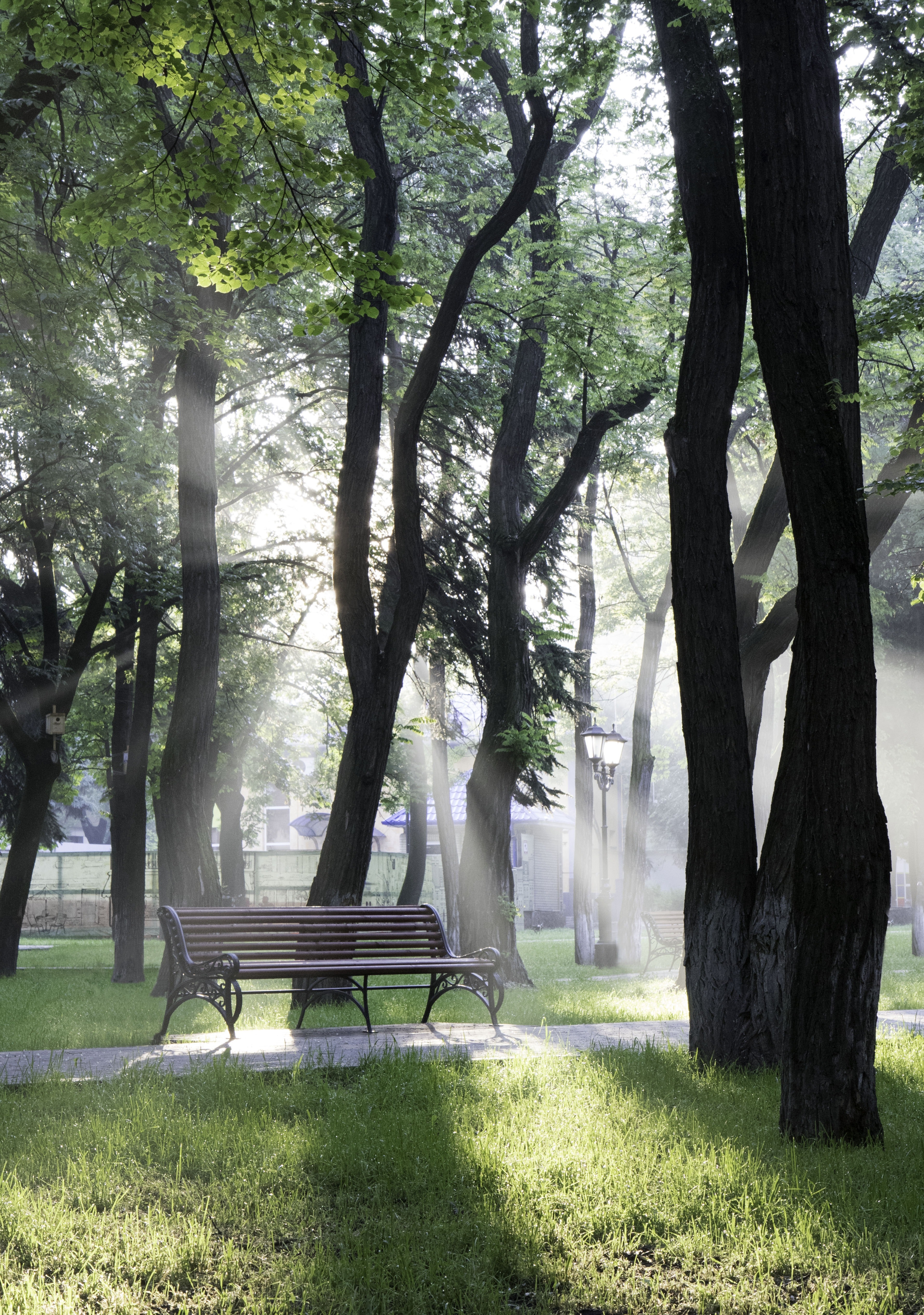



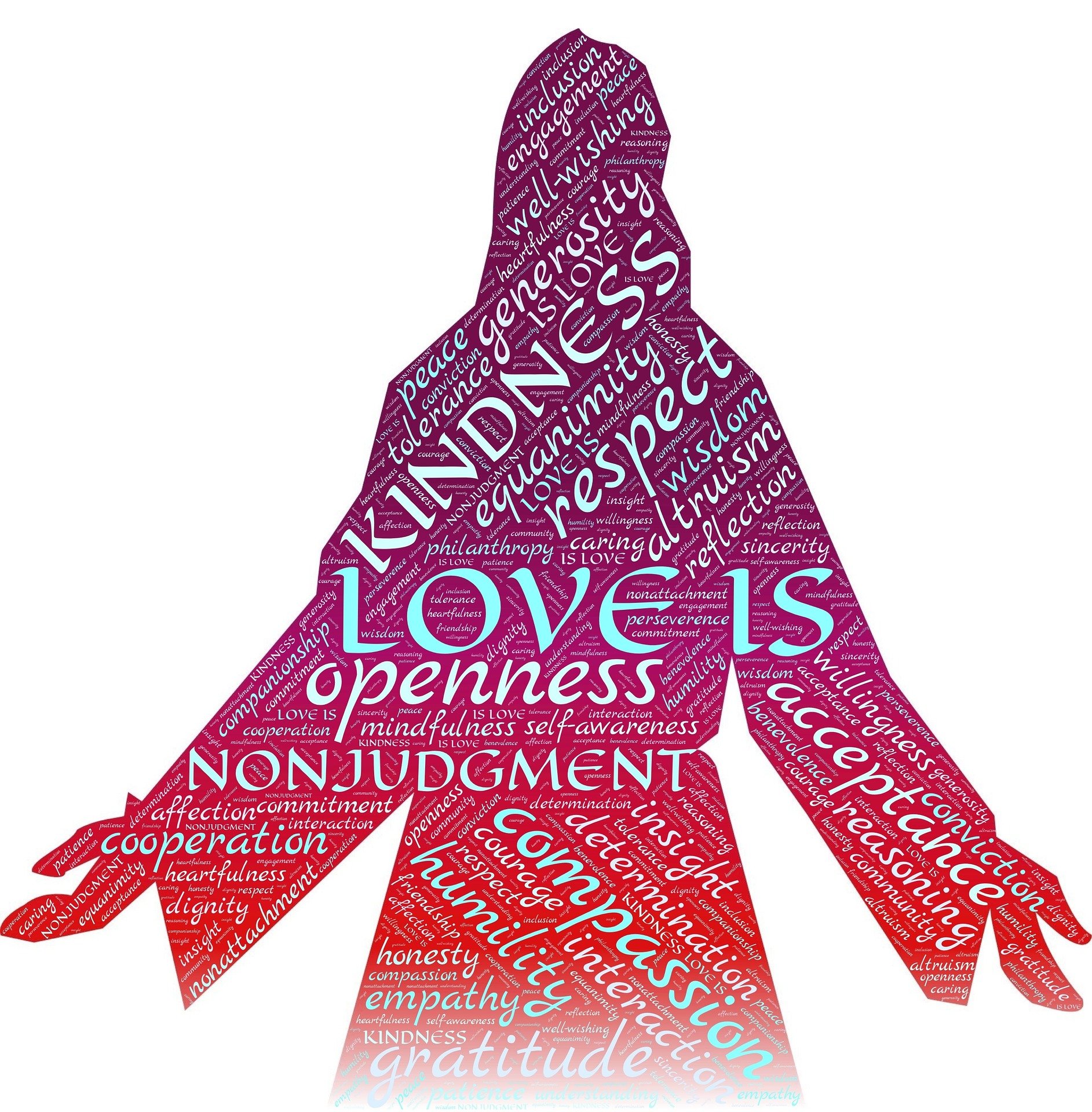
 Elizabeth Tomlin is the author of Joyful Momentum: Building and Sustaining Vibrant Women’s Groups and contributing author to the Ave Prayer Book for Catholic Mothers. She is General Counsel for the Archdiocese for the Military Services, USA. Elizabeth is an Army wife and mother of three and currently lives in the DC area. She blogs at
Elizabeth Tomlin is the author of Joyful Momentum: Building and Sustaining Vibrant Women’s Groups and contributing author to the Ave Prayer Book for Catholic Mothers. She is General Counsel for the Archdiocese for the Military Services, USA. Elizabeth is an Army wife and mother of three and currently lives in the DC area. She blogs at 
 Sheryl is happy to be the number 1 cheerleader and supporter for her husband, Tom who is a candidate for the Permanent Diaconate in the Diocese of Kalamazoo. They are so grateful for the opportunity to grow together in this process. Sheryl’s day job is serving her community as the principal for St. Therese Catholic School in Wayland, Michigan. Since every time she thinks she gets life all figured out, she realizes just how far she has to go, St. Rita of Cascia is her go-to Saint for intercession and help. Home includes Carlyn, a very, very goofy Golden Retriever and Lucy, our not-so-little rescue puppy.
Sheryl is happy to be the number 1 cheerleader and supporter for her husband, Tom who is a candidate for the Permanent Diaconate in the Diocese of Kalamazoo. They are so grateful for the opportunity to grow together in this process. Sheryl’s day job is serving her community as the principal for St. Therese Catholic School in Wayland, Michigan. Since every time she thinks she gets life all figured out, she realizes just how far she has to go, St. Rita of Cascia is her go-to Saint for intercession and help. Home includes Carlyn, a very, very goofy Golden Retriever and Lucy, our not-so-little rescue puppy. 
 David Dashiell is a freelance author and editor in Nashville, Tennessee. He has a master’s degree in theology from Franciscan University, and is the editor of the anthology
David Dashiell is a freelance author and editor in Nashville, Tennessee. He has a master’s degree in theology from Franciscan University, and is the editor of the anthology 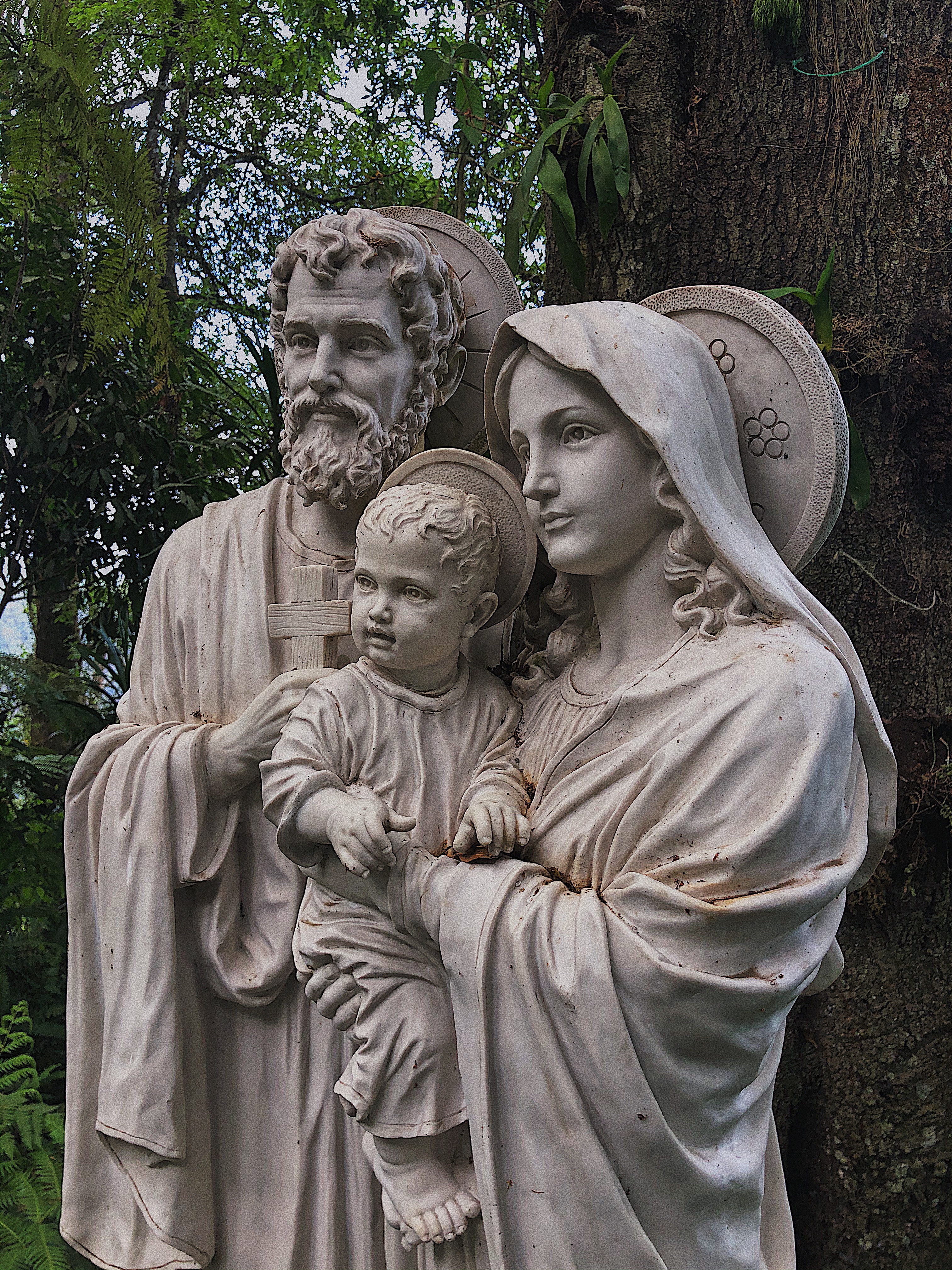
 Kathryn Mulderink, MA, is married to Robert, Station Manager for Holy Family Radio. Together they have seven children (including Father Rob), and seven grandchildren. She is President of the local community of Secular Discalced Carmelites and has published five books and many articles. Over the last 30 years, she has worked as a teacher, headmistress, catechist, Pastoral Associate, and DRE, and as a writer and voice talent for Catholic Radio. Currently, she serves the Church by writing and speaking, and by collaborating with various parishes and to lead others to encounter Christ and engage their faith. Her website is
Kathryn Mulderink, MA, is married to Robert, Station Manager for Holy Family Radio. Together they have seven children (including Father Rob), and seven grandchildren. She is President of the local community of Secular Discalced Carmelites and has published five books and many articles. Over the last 30 years, she has worked as a teacher, headmistress, catechist, Pastoral Associate, and DRE, and as a writer and voice talent for Catholic Radio. Currently, she serves the Church by writing and speaking, and by collaborating with various parishes and to lead others to encounter Christ and engage their faith. Her website is 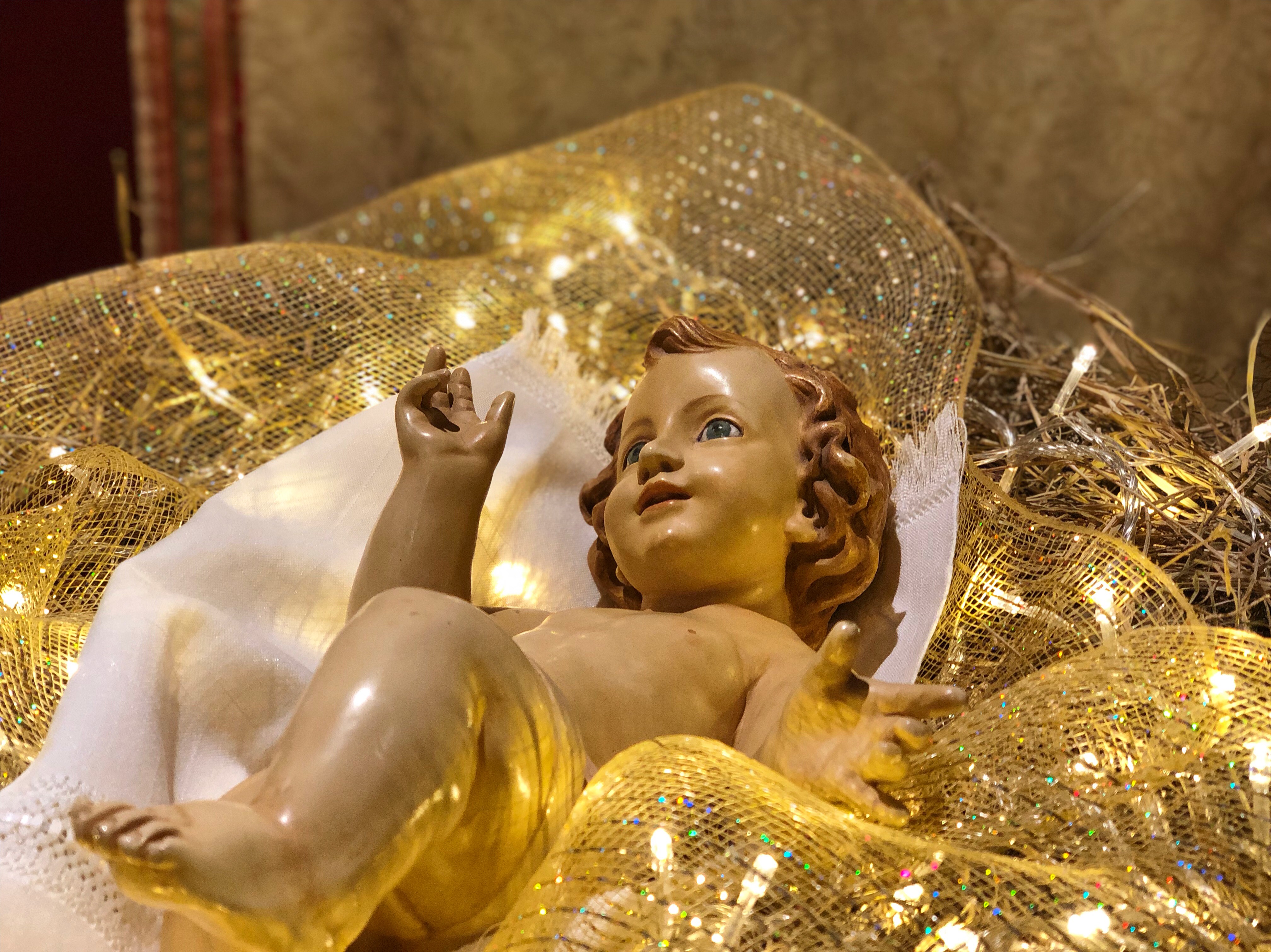


 Dakota lives in Denver, CO with her husband, Ralph, and their two sons, Alfie & Theophilus. She is the Dean of Enrollment Management for Bishop Machebeuf High School where her husband also teaches. You can find Dakota at the zoo or a brewery with her family or with her nose in a book at home. For more of Dakota’s writing check out
Dakota lives in Denver, CO with her husband, Ralph, and their two sons, Alfie & Theophilus. She is the Dean of Enrollment Management for Bishop Machebeuf High School where her husband also teaches. You can find Dakota at the zoo or a brewery with her family or with her nose in a book at home. For more of Dakota’s writing check out 
 Kate Taliaferro is an Air Force wife and mother. She is blessed to be able to homeschool, bake bread and fold endless piles of laundry. When not planning a school day, writing a blog post or cooking pasta, Kate can be found curled up with a book or working with some kind of fiber craft. Kate blogs at
Kate Taliaferro is an Air Force wife and mother. She is blessed to be able to homeschool, bake bread and fold endless piles of laundry. When not planning a school day, writing a blog post or cooking pasta, Kate can be found curled up with a book or working with some kind of fiber craft. Kate blogs at 
 Leslie Sholly is a Catholic, Southern wife and mother of five, living in her hometown, Knoxville, Tennessee. She graduated from Georgetown University with an English major and Theology minor. She blogs at
Leslie Sholly is a Catholic, Southern wife and mother of five, living in her hometown, Knoxville, Tennessee. She graduated from Georgetown University with an English major and Theology minor. She blogs at 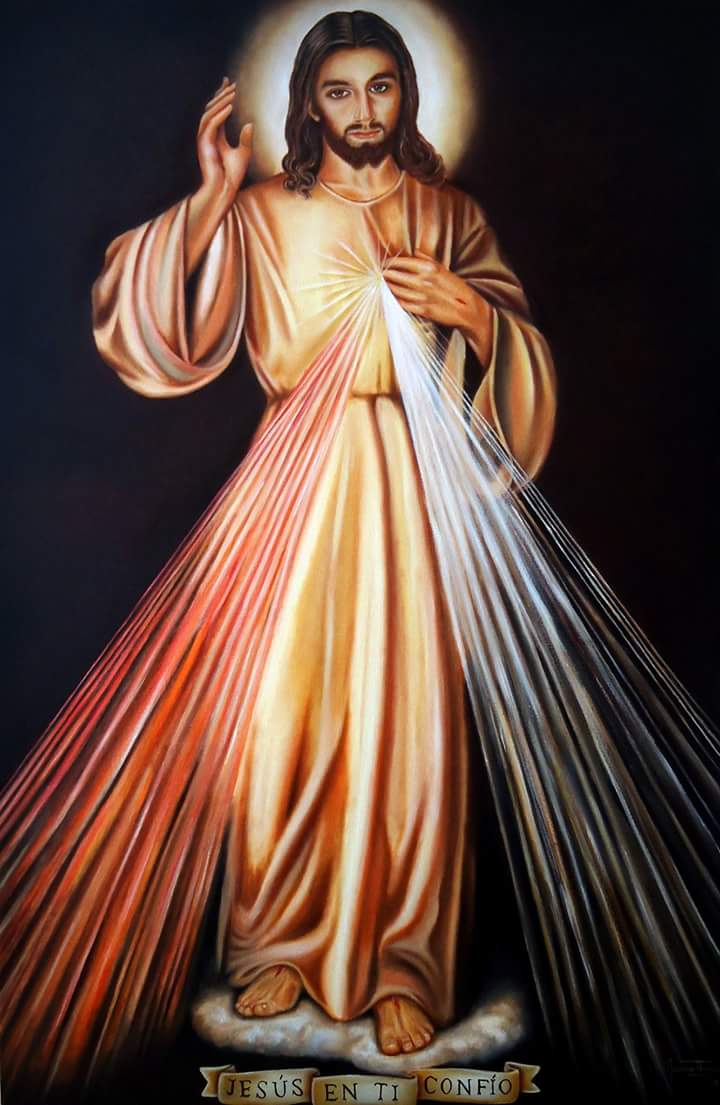
 Deacon Dan Schneider is a retired general manager of industrial distributors. He and his wife Vicki have been married for over 50 years. They are the parents of eight children and thirty grandchildren. He has a degree in Family Life Education from Spring Arbor University. He was ordained a Permanent Deacon in 2002. He has a passion for working with engaged and married couples and his main ministry has been preparing couples for marriage.
Deacon Dan Schneider is a retired general manager of industrial distributors. He and his wife Vicki have been married for over 50 years. They are the parents of eight children and thirty grandchildren. He has a degree in Family Life Education from Spring Arbor University. He was ordained a Permanent Deacon in 2002. He has a passion for working with engaged and married couples and his main ministry has been preparing couples for marriage.